The recent discourse on the artistic merits of the MCU continues with comments from Marvel Entertainment’s chief creative officer Kevin Feige, who addressed Martin Scorsese’s criticism in an episode of The Hollywood Reporter’s Awards Chatter podcast.
For those in need of a catch-up, last month Scorsese got the internet talking when he told Empire that Marvel movies don’t qualify as cinema, comparing them to theme parks and arguing that they don’t try to convey “emotional, psychological experiences to another human being.” In the wake of the backlash that followed, the legendary director expanded on his thoughts in a New York Times op-ed, where he wrote:
“Many of the elements that define cinema as I know it are there in Marvel pictures. What’s not there is revelation, mystery or genuine emotional danger. Nothing is at risk. The pictures are made to satisfy a specific set of demands, and they are designed as variations on a finite number of themes.”
In response, Feige argued that the MCU movies are made by people with plenty of love for the medium, before suggesting that Marvel Studios isn’t as risk-averse as Scorsese has implied:
“I think that’s not true. I think it’s unfortunate. I think myself and everybody that works on these movies loves cinema, loves movies, loves going to the movies, loves to watch a communal experience in a movie theater full of people… I think it’s fun for us to take our success and use it to take risks and go in different places.”
The producer went on to stress that art is a very subjective matter, and that while everyone is entitled to their own opinion, Marvel is going to keep doing what they do:
“Everybody has a different definition of cinema. Everybody has a different definition of art. Everybody has a different definition of risk. Some people don’t think it’s cinema. Everybody is entitled to their opinion. Everyone is entitled to repeat that opinion. Everyone is entitled to write op-eds about that opinion. And I look forward to what will happen next. But in the meantime, we’re going to keep making movies.”
Feige is just the latest in a long line of representatives from the Marvel camp who’ve come to the MCU’s defense. Guardians of the Galaxy helmsman James Gunn, for instance, tweeted last month that he was “saddened” by Scorsese’s judgment of his films, but added that he “will always love Scorsese” and “can’t wait to see The Irishman.”
Meanwhile, Thor series regular Natalie Portman has argued that “there’s not one way to make art,” and that the Marvel movies provide valuable escapism to filmgoers “after dealing with their hardships in real life.”
Of course, Scorsese also has his share of supporters, including Godfather director Francis Ford Coppola, who went as far as calling the Marvel movies “despicable” as a recent press event. No doubt the debate will continue for a while yet, but in the meantime, you can catch Scorsese’s The Irishman on Netflix from November 27th.


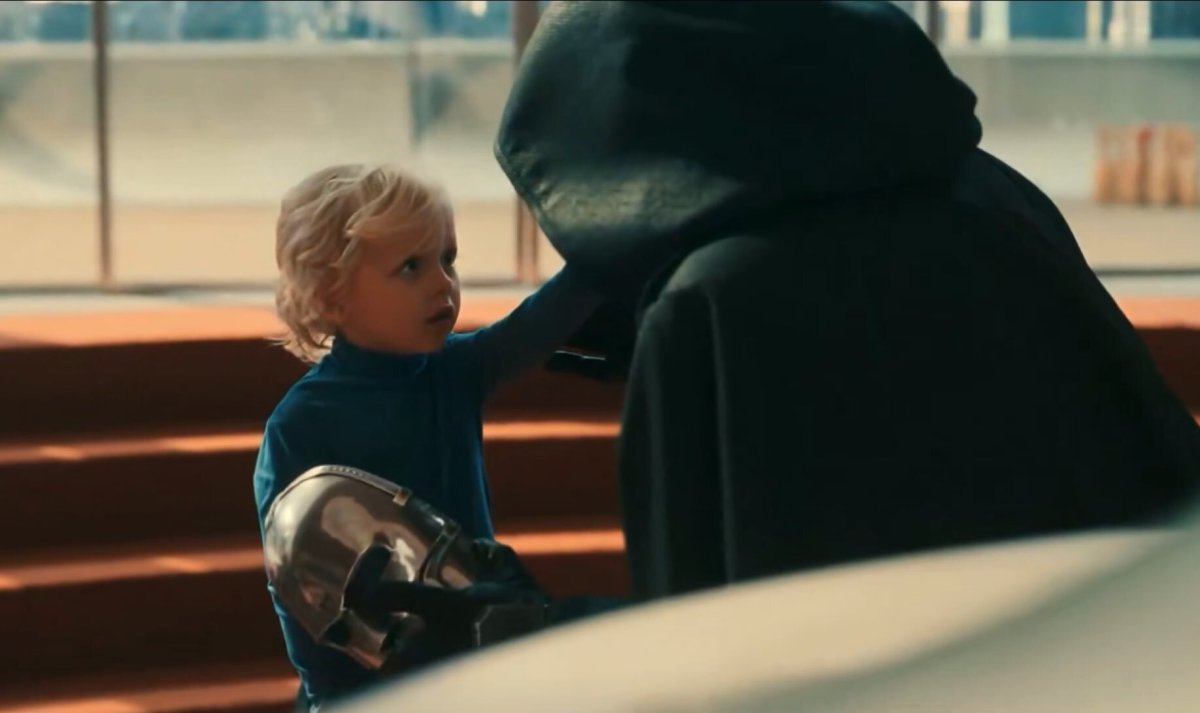
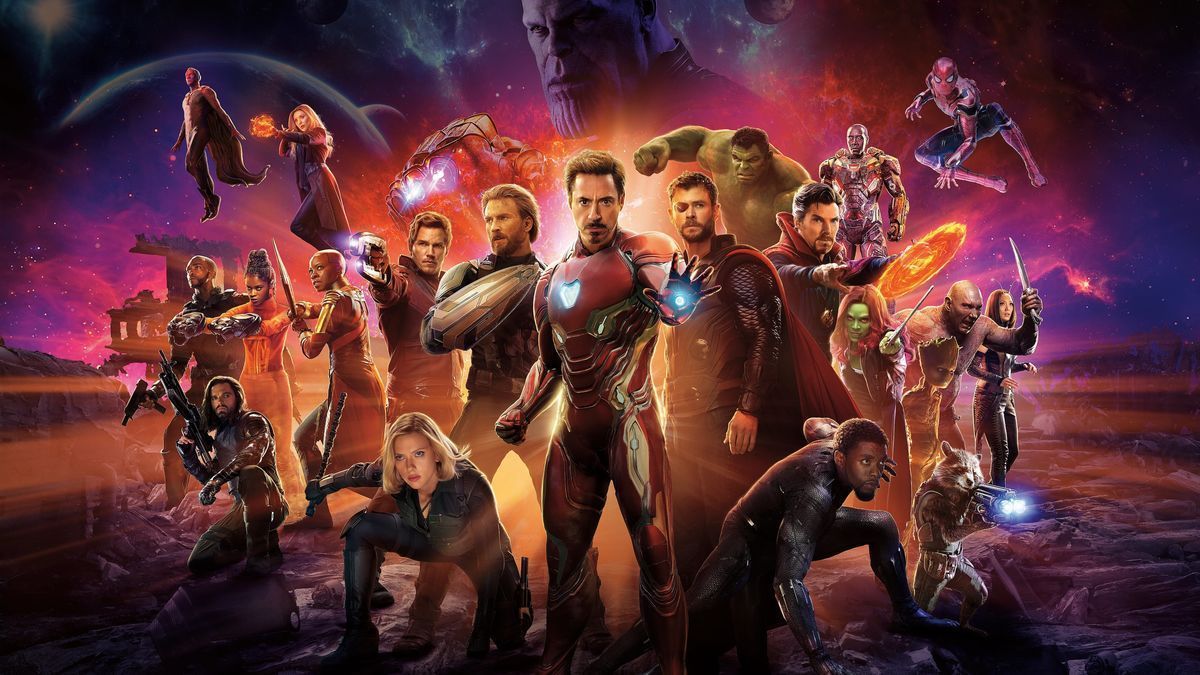
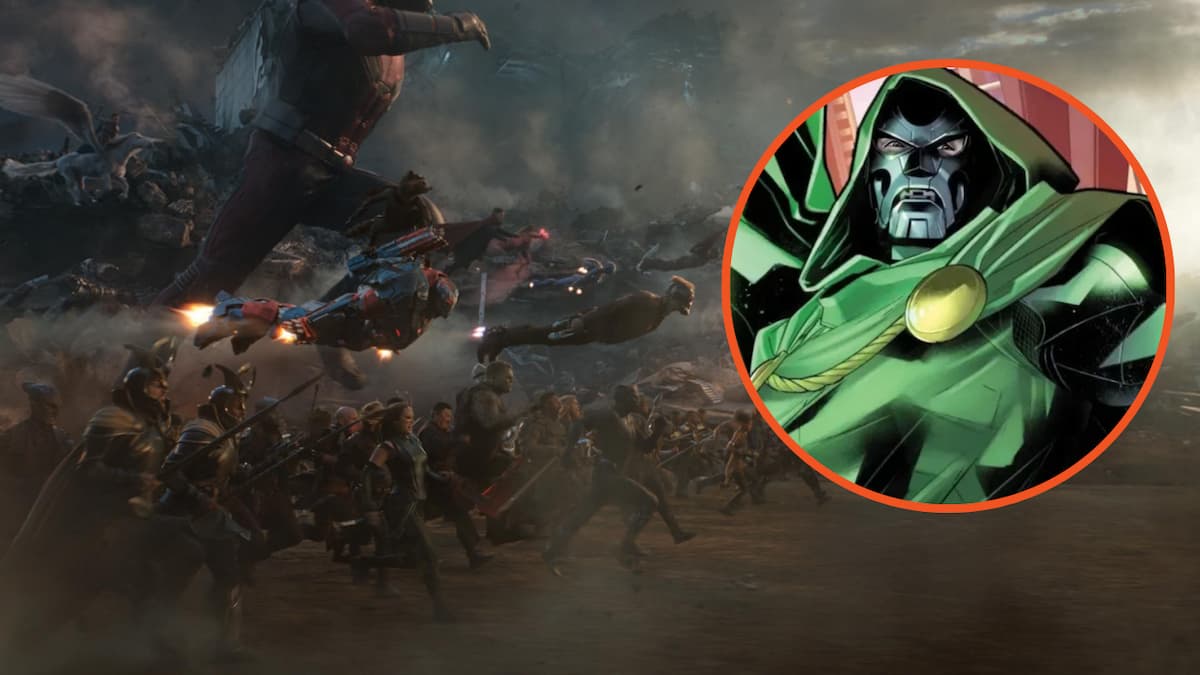
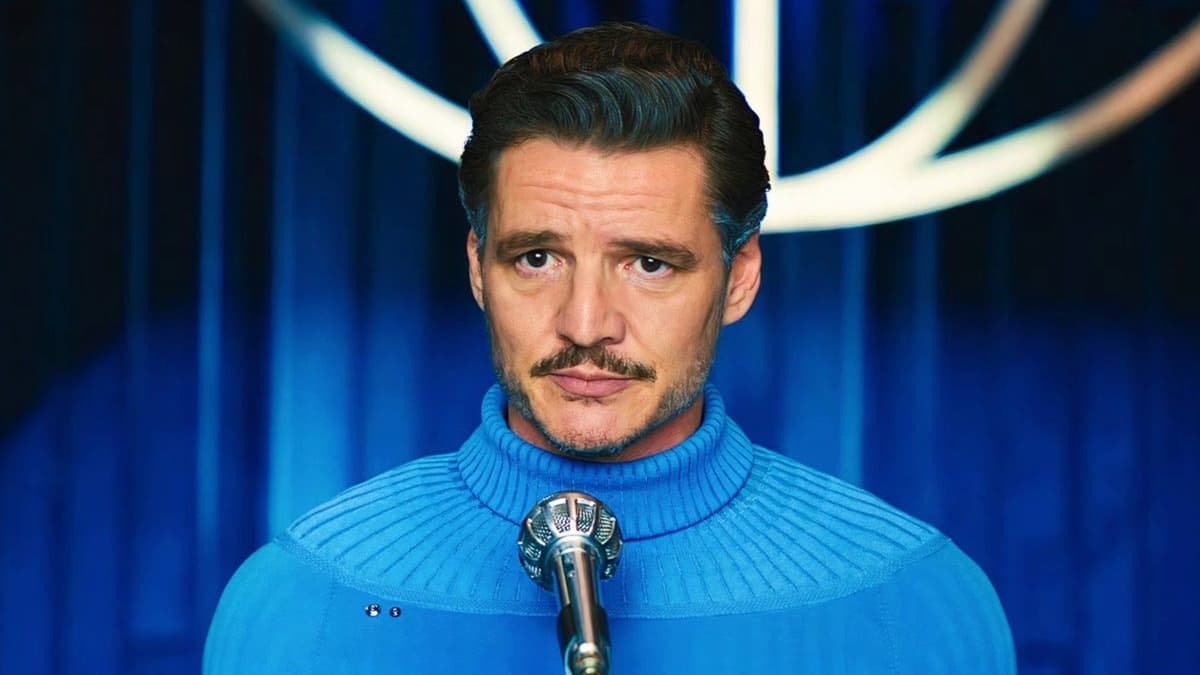
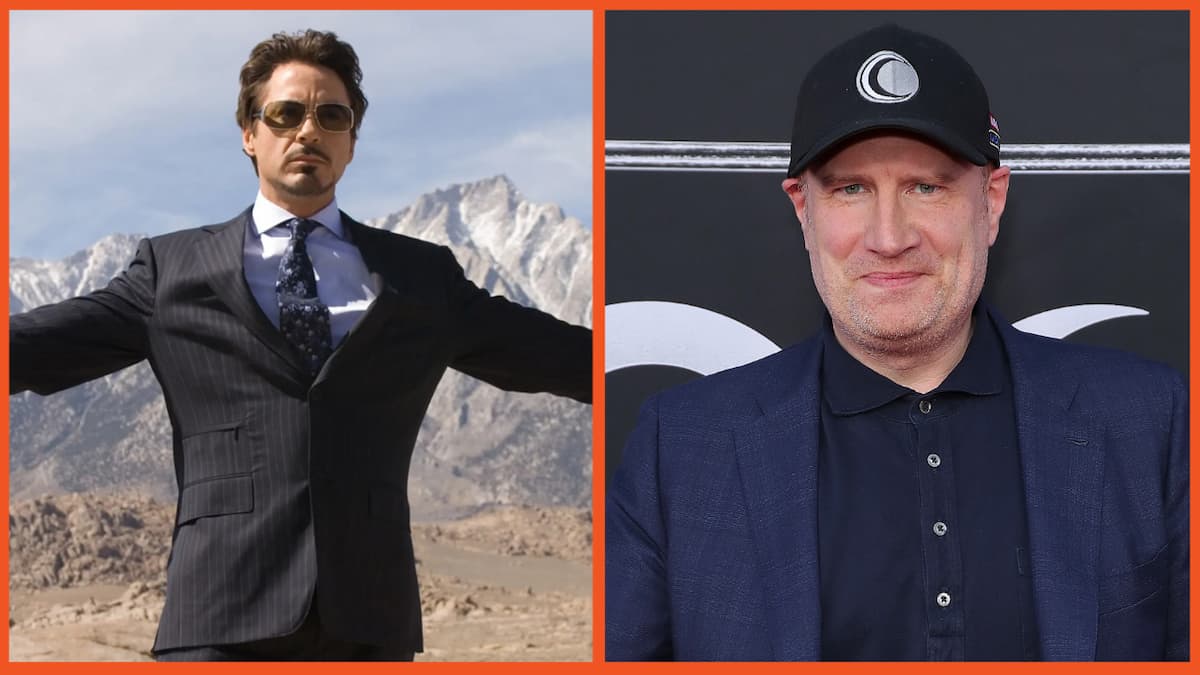
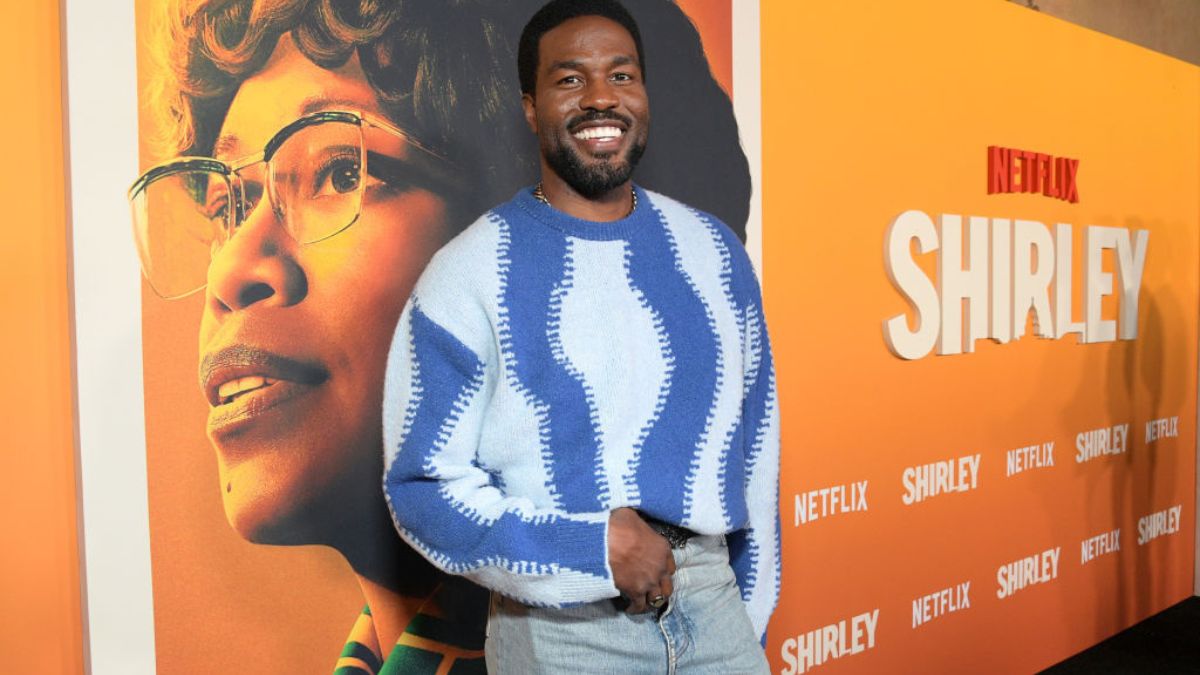
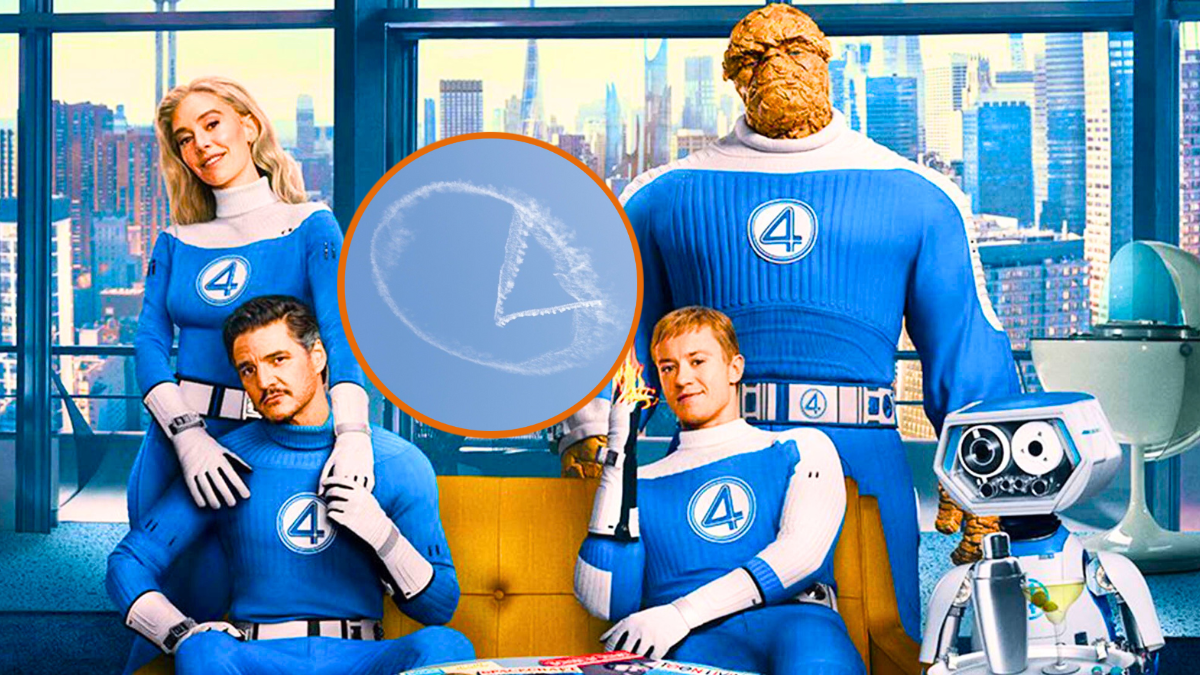
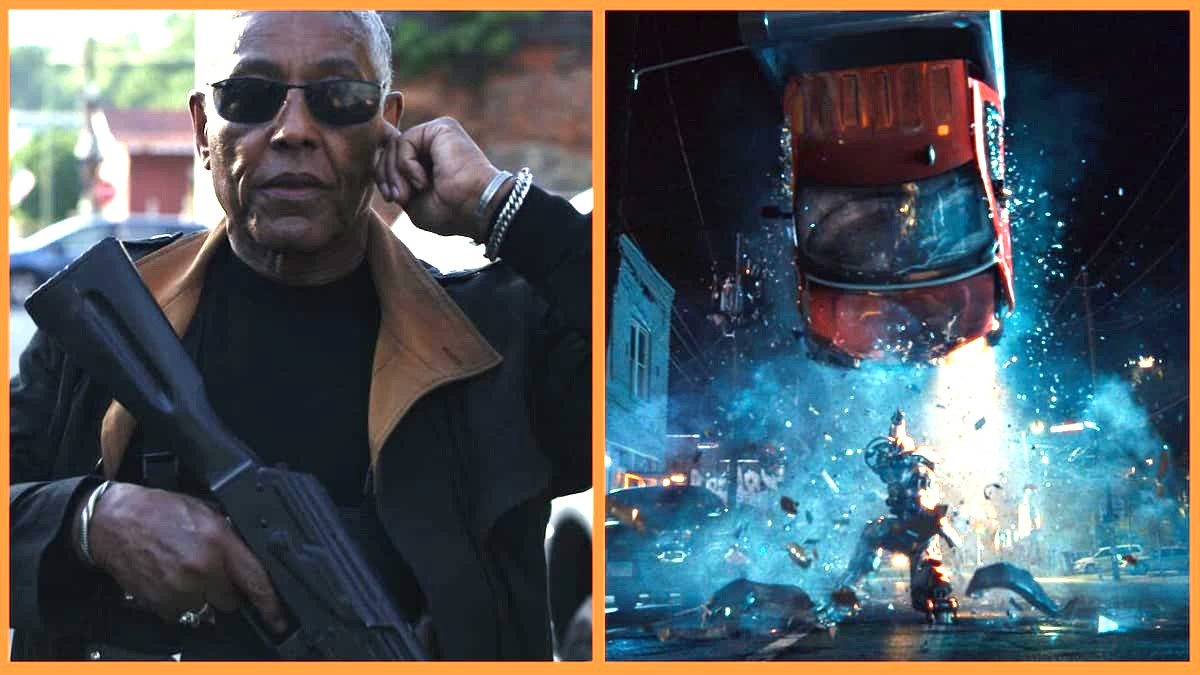
Published: Nov 10, 2019 07:46 pm